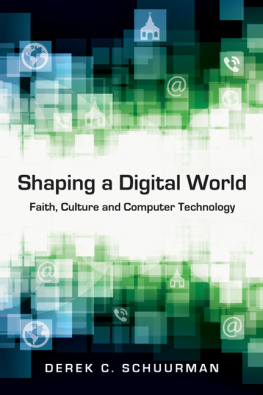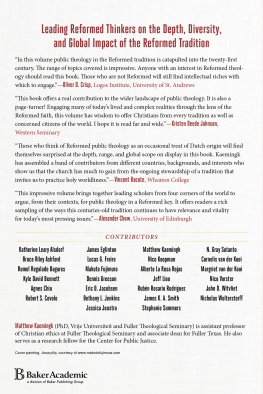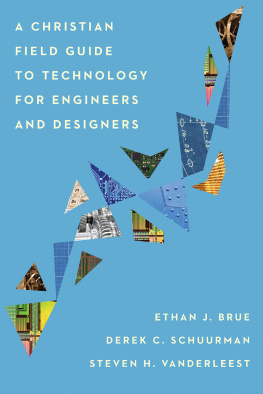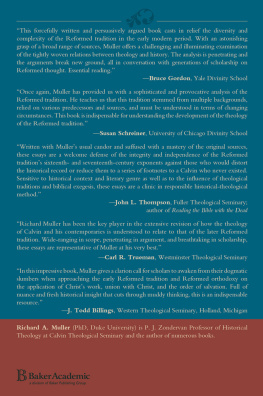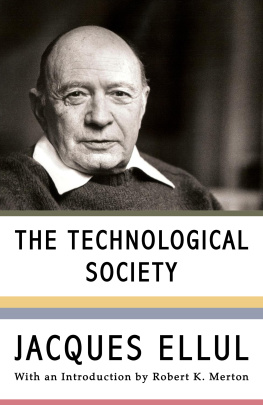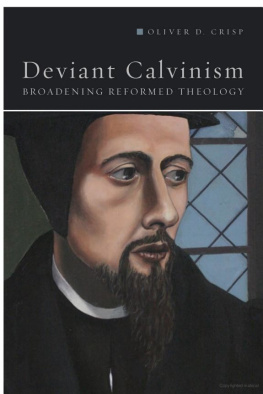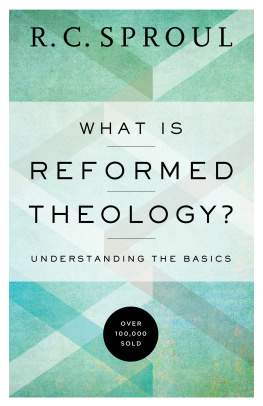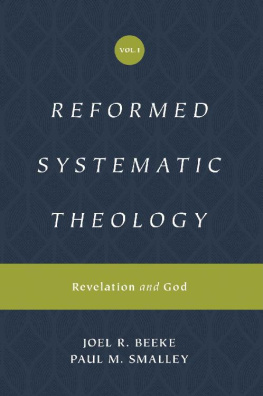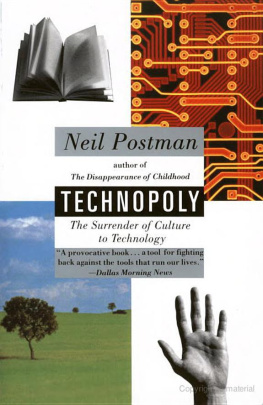Shaping a Digital World
Faith, Culture and Computer Technology
Derek C. Schuurman

www.IVPress.com/academic
InterVarsity Press
P.O. Box 1400
Downers Grove, IL 60515-1426
World Wide Web: www.ivpress.com
E-mail:
2013 by Derek C. Schuurman
All rights reserved. No part of this book may be reproduced in any form without written permission from InterVarsity Press.
InterVarsity Press is the book-publishing division of InterVarsity Christian Fellowship/USA, a movement of students and faculty active on campus at hundreds of universities, colleges and schools of nursing in the United States of America, and a member movement of the International Fellowship of Evangelical Students. For information about local and regional activities, write Public Relations Dept. InterVarsity Christian Fellowship/USA, 6400 Schroeder Rd., P.O. Box 7895, Madison, WI 53707-7895, or visit the IVCF website at www.intervarsity.org .
All Scripture quotations, unless otherwise indicated, are taken from THE HOLY BIBLE, NEW INTERNATIONAL VERSION, NIV Copyright 1973, 1978, 1984, 2011 by Biblica, Inc. Used by permission. All rights reserved worldwide.
While all stories in this book are true, some names and identifying information in this book have been changed to protect the privacy of the individuals involved.
Cover design: Cindy Kiple
Images: Web icons: Ryan Putnam/iStockphoto
Abstract squares: Pavel Khorenyan/iStockphoto
Mobico icons: OLuk/iStockphoto
ISBN 978-0-8308-8444-5 (digital)
ISBN 978-0-8308-2713-8 (print)
Contents
Preface
This book began as a loose set of notes that I collected in an attempt to answer the following question: What does my faith have to do with my work as an electrical engineer? I was familiar with the notion that all of life falls under the lordship of Jesus Christ and that we can serve him equally well as a minister or a webmaster. However, when I found myself sitting in a cubicle farm and busily working in the high technology industry, it was increasingly difficult to determine exactly what impact my day-to-day work had in the kingdom of God. Its easy to say that faith informs all of life, but that notion becomes little more than a platitude without a more detailed understanding of the phrase.
I was educated in electrical engineering, which is to say that I was not well-educated in anything else. I received an excellent technical education, and upon graduation I felt confident I could tackle whatever technical challenges would come my way. It soon became apparent, however, that my excellent technical training had not provided me with a context for my work. More specifically, it was not clear to me how my faith related to my work.
I began to read and think about this question, and it persisted over the following years as I left work to pursue graduate studies in engineering. Eventually, I felt the call to move from industry into the area of teaching. I am thankful to God that he led me to a Christian academic community in which the question of how to integrate faith and learning is taken seriously. Whether you are in industry or studying in a secular or Christian setting, it is important to grapple with the call to take captive every thought to make it obedient to Christ (2 Corinthians 10:5).
The Bible tells us that God has chosen the time and place in which we live (see Acts 17:26). I am grateful that I was born in such exciting times! The first computer on a chip was invented a few years after I was born, and as I grew up I witnessed the introduction of the first personal computers, the development of the Internet and many other exciting digital technologies that have shaped the world. My teenage years were spent playing with electronic projects, exploring ham radio and learning how to program some early personal computers. Later in life, as a professional working in industry, I enjoyed designing electronics and writing software for some real-world applications.
This book is an attempt to provide both practitioners and students working in fields related to computer technology a beginning framework for discovering how their faith relates to their technical work. Many of the ideas in this book are not novelborrowing a phrase from Donald Knuth, I would say that when it comes to philosophy and theology, Im a user, not a developer.
I am thankful to stand on the shoulders of many others, and I owe much of what I have learned to the authors of the books I have cited. Those who review my citations will quickly realize that I stand in the Reformed Christian tradition, especially informed by people working in the tradition of Abraham Kuyper. This tradition, sometimes referred to as neo-Calvinism, has produced fruitful contributions by looking at the world through the biblical themes of creation, fall, redemption and restoration. In fact, these exact themes define the central chapters in this book.
There are many participants in the making of any book, and this is no exception. I am extremely thankful to many colleagues at Redeemer University College who encouraged, mentored and shared their time and thoughts. The exercise of writing this book was helpful in the ongoing development of my own thoughts; consequently, I hope that it will also be helpful to others who seek to understand what it means to be a faithful presence in a technological society.
I am thankful to the late Theo Plantinga for many informal discussions and encouragement to write, even though I was still in my literary underwear with respect to writing on this topic. Thanks to colleagues at Redeemer University College such as Wytse van Dijk, Kevin Vander Meulen, Henry Brouwer, David Koyzis, Dirk Windhorst, Al Wolters, Harry Van Dyke, Gene Haas and Syd Hielema, all of whom provided helpful input and valuable feedback. Thanks also to Peter van Beek, who provided helpful comments and feedback on the manuscript. I am grateful to Angela Bick and Marie Stevens, who patiently read through my manuscript and provided valuable editing help and stylistic suggestions. I am thankful for comments from some of my students, who were exposed to early drafts of this book. I am grateful for computer science professors at other Christian colleges who showed interest and support for this project. I am thankful to Redeemer University College for providing me with many opportunities to develop as a Christian scholar and for their support provided in many ways for this project.
I am thankful to the staff of InterVarsity Press who helped make this book a reality. In particular, I am grateful to editors Gary Deddo and David Congdon for their helpful and encouraging correspondence throughout the process. I am also grateful to several anonymous readers who were approached by the publisher and who provided many helpful suggestions to improve this book.
I am also thankful to my family, and in particular, to my wife, Carina, for her love, encouragement and support. In addition, she provided numerous helpful and practical editing suggestions, for which I am grateful.
But most of all, thanks be to God, who made all things and who continues to care for his people and his world and who will, one day, make all things new.

Introduction
What does Athens have to do with Jerusalem?
TERTULLIAN

Handheld communicators and doors that opened by themselves: these were some of the objects that the original producers of Star Trek used to portray the future. Today we have portable cell phones, automatic doors and many new developments that were not even dreamed about in early science fiction. In the Western world, we are daily dependent on a plethora of embedded computers that surround us: digital alarm clocks, computerized kitchen appliances, the myriad of processors that control our cars, our heating and ventilation systems, cell phones and, of course, personal computers. We live in a digital age in which it has become commonplace to communicate rapidly over vast networks and routinely visit websites from distant places. Computer technology has brought dramatic changes to factory floors, offices, classrooms and homes.
Next page
